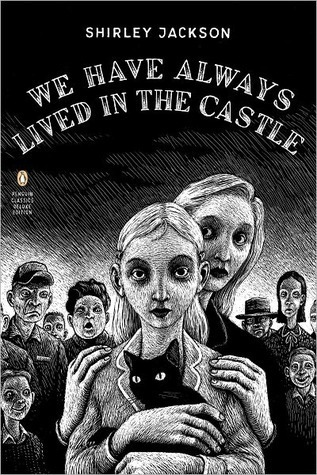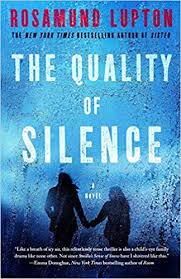Set in New York, My Name is Lucy Barton, is a psychological portrait of a woman who has survived a terrible upbringing of cruelty and poverty.
At
the start of the novel, Lucy, who is temporarily hospitalized, received
visits from her mother. Lucy is grateful for the visits and grateful
for the doctor who seems to genuinely care for her.
Underneath
the mother's kindness, however, there is an undercurrent of cruelty.
Lucy is the only one who has successful escaped her humble beginnings in
Amgash, IL.
Lucy
has gone to college and become a writer but she still experiences
loneliness and disconnection. Once after Lucy has her first baby, she
calls her mother. Her mother, however, refuses to accept the charges for
the collect phone call.
This
novel is set in the 1980s before cell phones and smart phones. Another
crucial part of the novel is the AIDS epidemic; Lucy feels a connection
with outcasts and with the neighbor who is dying.
The
brothers and sisters she left behind in Amgash feel some resentment for
Lucy, who made it out of the rural community. Those themes are explored
in Strout's award-winning short story collection, Anything is Possible.
Lucy discovers she will always be connected to her family even though she has left them and started life anew elsewhere.
The Chrysler building on the cover makes sense.
We Have Always Lived in the Castle by Shirley Jackson

We Have Always Lived in the Castle is a murder-mystery that combines Gothic elements with psychological suspense.
Though it gives the routine of two seemingly ordinary women, it also peers into the mind of a deranged young girl:
“I have often thought that with any luck at all, I could have been born a werewolf because the two middle fingers on both my hands are the same length, but I have had to be content with what I had…I like my sister Constance, and Richard Plantagenet, and Amanita phalloides, the death-cup mushroom. Everyone else in our family is dead.”
Merricat, eighteen, lives in the past along with her sister, who is about 28, and her ailing Uncle Julian. For some reason, Merricat excludes him as a member of her family in the opening paragraphs of the novel.
Merricat, who believes in magic and protection spells, lives wholly in her own imagination. She believes her cat, Jonas, can tell stories. She thinks that burying objects and nailing items to a tree can protect her and her sister from the villagers. She often professes that she wants to go to the moon on a winged horse.
None of Merricat’s talismans have any effect though when a relative, Charles Blackwood, visits and takes over the family’s home. The visitor alters the family in irreversible ways. Much like the events that occurred six years ago, the visitor’s actions alters the fabric of their lives.
Merricat insists that Charles is a “ghost” and a “demon.” He is, in fact, a greedy relative who wants access to the family’s safe. Merrricat’s fanciful imagination however will not allow such a prosaic explanation.
After the fire, and after the villagers exact terrible retribution, the Blackwood girls are more isolated than ever.
Merricat and Constance insist, however, that they are happy even if they are deprived of their beautiful things–the italian staircase and drawing room. Without their their fancy plates and drapes, they are in a barren, yet isolated place. They are finally “on the moon.”




